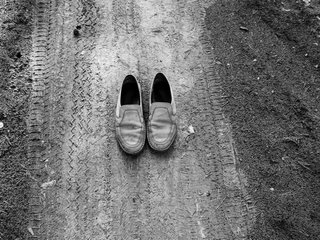Do we use methods of capture to keep a safe distance between ourselves and our reality, ourselves and our experiences, ourselves and our former selves? Do we seek to put a frame around moments so they are contained and cannot leak beyond the boundaries we allow them. Does this extend beyond the stasis of photography. Is it at play in films trapped on celluloid and wound onto concealed reels? words inked into bottom-drawer diaries? conversations ended with knowing silence?
‘maybe I shot the video tape so I wouldn’t have to remember it myself’ David Freidman

I wonder if all things look better from a distance? Up close we are microscopes to every imperfection. With time and distance the serrated edges of emotion grow blunt - so we can press against them with little fear to our paper thin skin. In their time smoothed surfaces we see a little of ourselves, but mostly just them.
‘you pass through boredom into fascination’ Adam Phillips
Writing becomes universal and somehow more profound when read at a time when the acute meaning has dimmed. Like large works of impressionist art. Up close we see blocks and dots of colour and paint - take a few steps back and a masterpiece greets us.
As I retreat from this room I look at the far wall, and ask… is it leaving me - am I leaving it - or is the parting mutual?
1 comment:
Sickert spoke on this theme at length. (Observing impressionism).
You leave it, and it comes closer.
He had quite a tirade against women he called 'supergeese' who'd approach a fashionable impressionist painting and press their noses against it. ;-)
Post a Comment